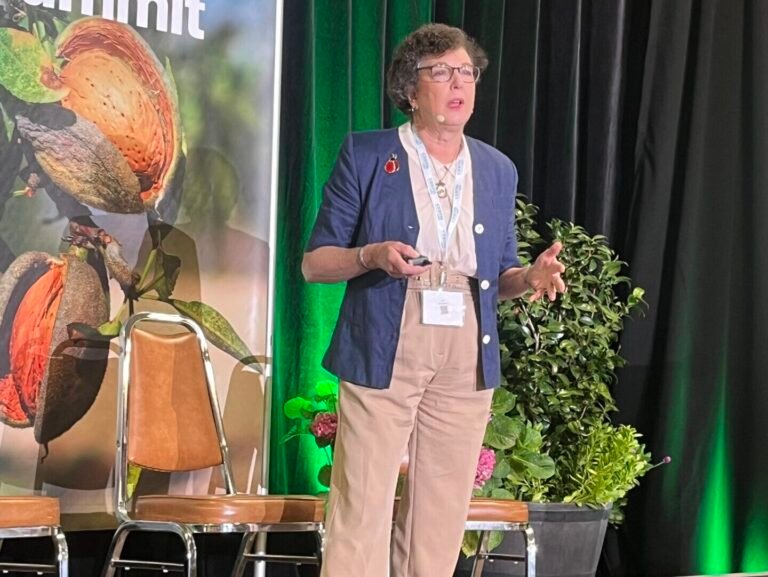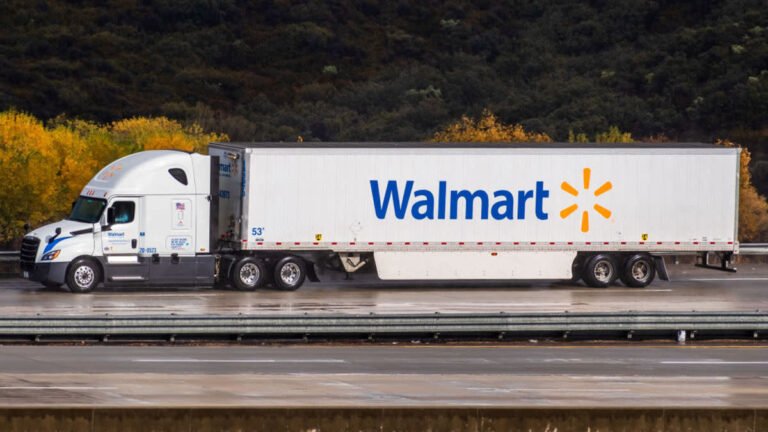
[Disclosure: AgFunderNews’ parent company AgFunder was an investor in Trace Genomics.]
Canadian measurement and insights platform Miraterra made further inroads into soil measurement this week with its acquisition of California-based Trace Genomics.
The acquisition by Miraterra—which includes Trace Gemonics’ full IP portfolio, its in-market products, and its analytical lab in Ames, Iowa—adds soil biology measurement capabilities to Miraterra’s offering, which “significantly enhances our understanding of soil health,” Miraterra CEO Nate Kelly told AgFunderNews.
Trace Genomics uses soil DNA sequencing to help growers and agronomists better grasp the biological complexity beneath their fields and make decisions for crops based off that information. Increased sustainability and profitability are widely touted as benefits of this testing compared to conventional soil-testing methods.
At the same time, these offerings tend to cost more than conventional soil-testing methods and are therefore often a tough sell to farmers.
Of late, this has raised questions about the viability of the sector.
For example, Pattern Ag, which is similar to Trace Genomics, merged with EarthOptics in 2024. While the deal was billed as the creation of “a category leader to power soil digitization,” others (notably Shane Thomas at Upstream Ag), suggested it was “more reactionary than strategic given the current environment.”

Trace Genomics’ cofounder Poornima Parameswaran noted in a LinkedIn post this week that “Trace’s journey took a different path than we originally envisioned.”
She acknowledged to AgFunderNews that “the market headwinds in agtech were real,” but added she is “proud of what we built and the trust we earned from customers who believed in our vision.”
“When it became clear that independent growth wasn’t sustainable, our focus shifted to finding the right home for the work,” she added.
Trace Genomics raised a $10.5 million Series B round led by S2G Ventures, Ajax Strategies, and Rabo Ventures in 2024. This followed a $13 million Series A in 2018 from Stage 1 Ventures and AgFunder, and a $4 million seed round in 2016 led by Refactor Capital.
“I’m hopeful Miraterra’s acquisition will give the platform a meaningful next chapter, one that continues to deliver science-backed value to the people who grow our food,” said Parameswaran.
Soil health ‘at massively improved cost structure’
Miraterra has developed a compact instrument that uses advanced Raman spectroscopy to measure the “soil-to-table” chain, which includes everything from plant tissue and organic carbon to sugars and vitamins. (The Raman spectroscopy uses laser lights to what things are made of at the molecular level.)
Acquiring Trace Genomics means the company can make “advanced testing more accessible, useful, and trusted across the agricultural value chain,” according to Kelly.
“Soil health has mineralogical, hydrological and biological elements, but current approaches really only cover mineralogical,” said Tom Chi of At One Ventures, which was an early investor in Miraterra. “Miraterra’s capability, combined with Trace Genomics, fills out the full suite of all three elements of soil health, and can do so at a massively improved cost structure.”
The acquisition of the lab space in Ames will enable Mirraterra to rapidly validate its Raman instrument’s functionality, said Kelly, which will accelerate “the delivery of measurement solutions to our lab partners and reduce our time to revenue.”
He added that the deal also creates a new revenue stream for Miraterra.
Miraterra will continue serving Trace’s existing customers while expanding services through the Ames-based lab team.
The post Miraterra acquires soil DNA startup Trace Genomics: ‘Independent growth wasn’t sustainable’ appeared first on AgFunderNews.





